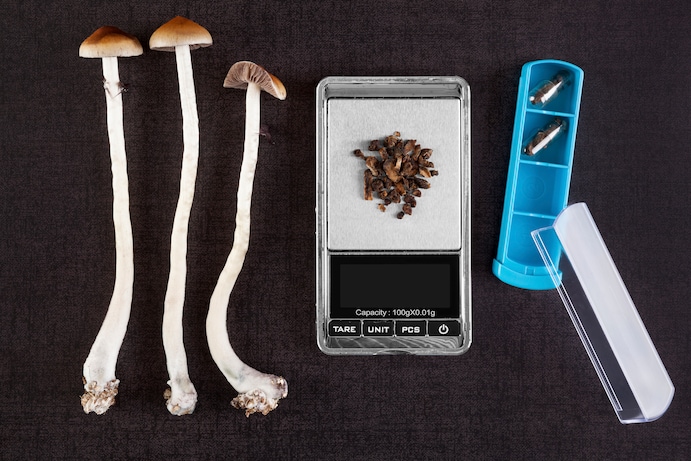Psilocybin as mental health therapy? Here’s what I found.
Jaylen Brown
A few weeks ago, I mentioned to a friend that I was interested in learning more about psychedelics, especially how they might help me with depression and anxiety. That’s a broad category of plant medicines including psilocybin (“magic”) mushrooms, MDMA (ecstasy), DMT (Dimitri or the Businessman’s Trip), ketamine (“special K”) and some others.
I’d been hesitant to be open about my search, because I’m old enough to remember the warnings about “bad trips” that scramble your brain. Imagine my surprise when my friend told me he’d recently taken his first “trip,” which he described as life-changing.
I asked him — a real estate developer living in Northern California, married with kids — why he decided to try a psychedelic substance. “My work felt increasingly stale and meaningless,” he explained to me over a beer. “Despite a massive amount of reflection and coaching around how to break the rut, I felt as though I was still off track.”
He and the others who have used these medicines spoke on the condition of anonymity because most of these psychedelics are Schedule I substances, meaning they are illegal to manufacture, buy, possess or distribute.
When I confided my interest in psychedelics to a few other friends, several said they had tried the drugs and experienced several benefits: from easing anxiety to finding spiritual insights to combating depression and, among some with cancer, helping to reduce the fear of dying.
They are hardly outliers. According to a new YouGovAmerica study, “one in four Americans say they’ve tried at least one psychedelic drug,” amounting to some 72 million U.S. adults. (The study included the medicines mentioned earlier, plus LSD, mescaline and salvia.) Was I missing a beat by not getting onboard?
